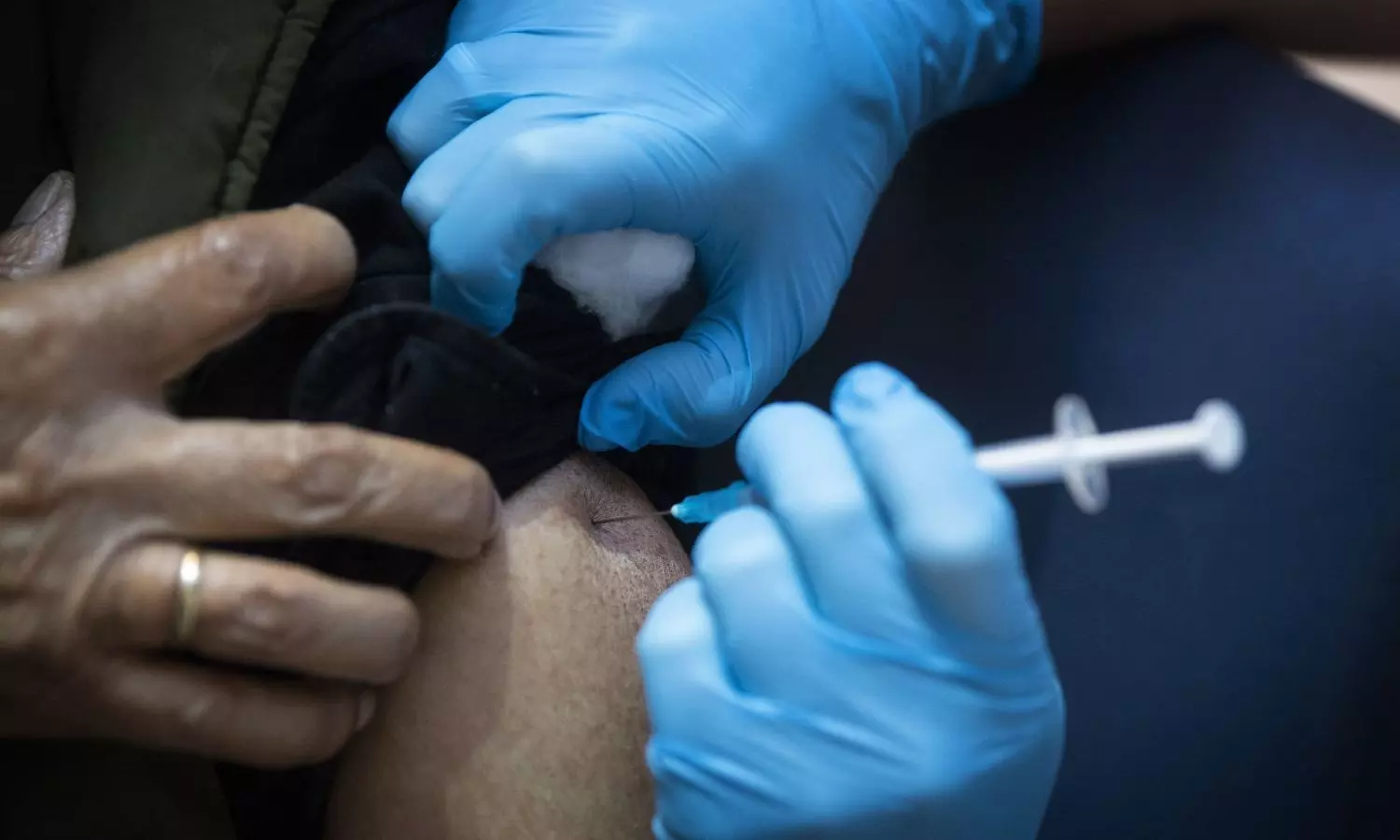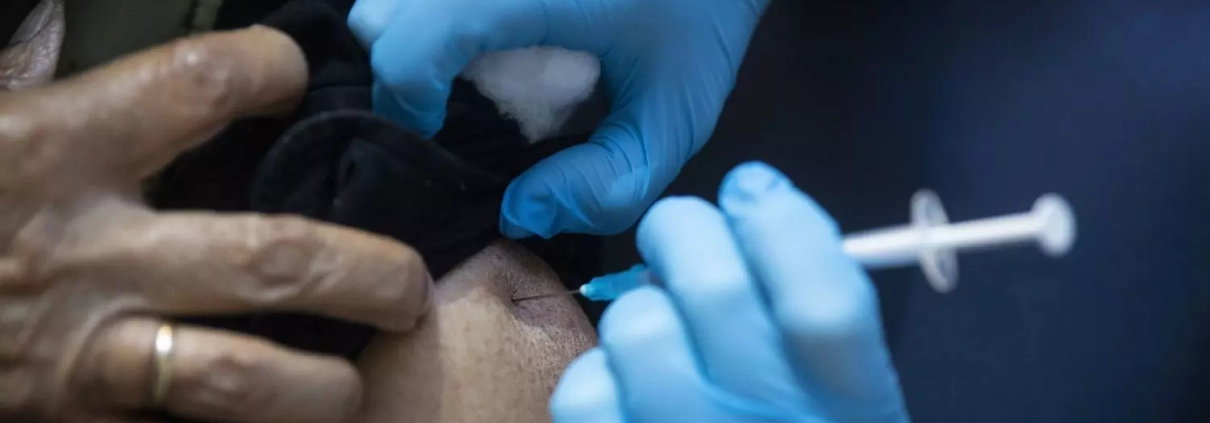Paxlovid more effective than molnupiravir in protecting against all-cause mortality in severe COVID-19 in adults: Study

In a recent comprehensive study in Hong Kong, researchers investigated the effectiveness of oral antivirals and vaccinations in mitigating mortality and severe COVID-19 progression among hospitalized adults with confirmed SARS-CoV-2 infection. The study aimed to provide insights into the efficacy of these interventions in improving patient outcomes and informing public health strategies amidst the ongoing COVID-19 pandemic. As the COVID-19 pandemic continues to pose significant challenges globally, understanding the efficacy of different interventions is crucial for optimizing patient outcomes and public health strategies.
This study was published in the International Society for Infectious Diseases by Yue Yat and colleagues. The study focused on hospitalized adult patients aged 18 or above who tested positive for SARS-CoV-2 between March 16th, 2022, and December 31st, 2022, in Hong Kong. To address potential biases, researchers employed an inverse probability weighted (IPW) Andersen-Gill model with time-dependent predictors. This analytical approach allowed for the estimation of causal effects associated with oral antivirals and vaccinations in preventing severe COVID-19 outcomes.
The key findings of the study were:
-
Analysis of the data revealed noteworthy findings regarding the effectiveness of oral antivirals and vaccinations in reducing mortality and severe COVID-19 progression.
-
When administered within five days of confirmed infection, nirmatrelvir–ritonavir demonstrated superior efficacy compared to molnupiravir in protecting against all-cause mortality and severe COVID-19 development.
-
The study found no significant difference in the effectiveness of the CoronaVac and Comirnaty vaccines in reducing mortality and severe COVID-19 progression.
Recent research from Hong Kong suggests that oral antivirals and vaccinations can significantly lower the risk of progression to severe COVID-19 among hospitalized patients with confirmed SARS-CoV-2 infection. Specifically, nirmatrelvir–ritonavir demonstrated superior effectiveness in providing protection compared to molnupiravir. Furthermore, the study found no significant difference in effectiveness between CoronaVac and Comirnaty vaccines. Additionally, causal inference techniques were employed to mitigate self-selection bias associated with vaccination choice.
The study’s findings emphasize the importance of timely intervention with oral antivirals and vaccinations in mitigating the risks associated with severe COVID-19 outcomes among hospitalized patients. By providing valuable insights into the efficacy of different interventions, this research contributes to the ongoing efforts to optimize COVID-19 treatment and prevention strategies. Moving forward, continued research and implementation of evidence-based interventions are essential for reducing the burden of COVID-19 and safeguarding public health.
Reference:
Cheung, Y. Y. H., Lau, E. H. Y., Yin, G., Lin, Y., Jiang, J., Cowling, B. J., & Lam, K. F. (2024). Joint analysis of vaccination effectiveness and antiviral drug effectiveness for COVID-19: a causal inference approach. International Journal of Infectious Diseases: IJID: Official Publication of the International Society for Infectious Diseases, 107012, 107012. https://doi.org/10.1016/j.ijid.2024.107012


